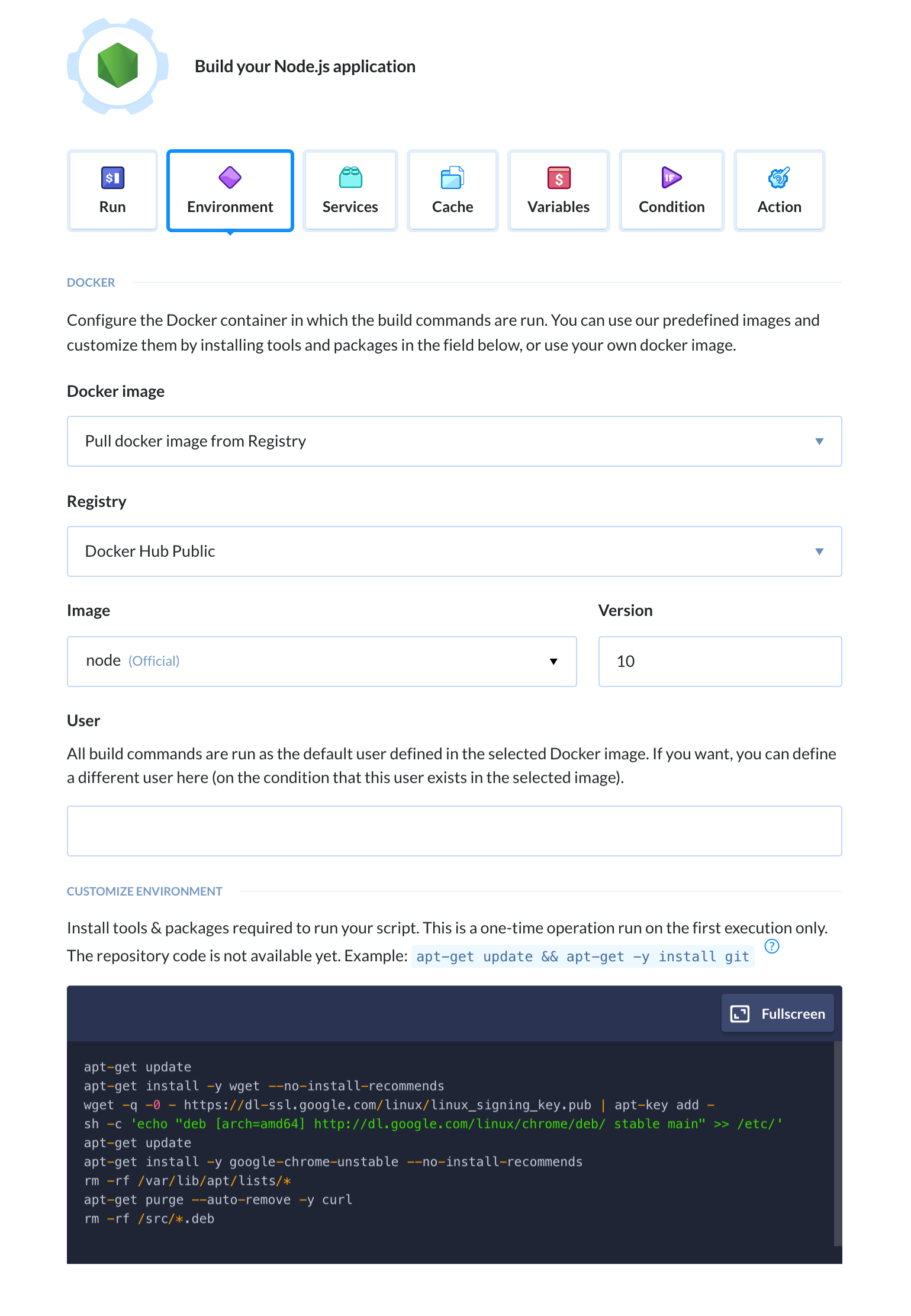

It was installed through DNF but not on explicit user request, i.e. A package only qualifies for removal via clean_requirements_on_remove if Remove dependencies that are no longer used during dnf remove. /etc/dnf/dnf.conf -> setting clean_requirements_on_remove for a setting related to the asked operations.note: In this case you could also just search for Clean Command but without knowing anything about the manual this would be not so easy.

Read also the manual, sometimes they are worth the time. This does nothing but show you the help screen for the clean command. To get more information about the command (before you execute the above): dnf clean ReferenceĬlean caches and other not needed files (not this is not the same as purge as far as I understood it) sudo dnf clean all These can be deleted post removal using YUM either scripted or by hand. Warning: /etc/elasticsearch/elasticsearch.yml saved as /etc/elasticsearch/ But if you have decided to fully and completely uninstall application with removing it's configurations, then use apt-get purge.
Apt autopurge install#
This can be useful if you have the idea that you might install the application again in future. Warning: /etc/elasticsearch/logging.yml saved as /etc/elasticsearch/ Use apt-get remove to uninstall your application, without removing it's configurations. When I removed it with YUM you'll get messages in the output like this: warning: /etc/sysconfig/elasticsearch saved as /etc/sysconfig/elasticsearch.rpmsave For example when I recently installed ElasticSearch's RPM for 2.3 I modified several files that were associated with this RPM. The only other method I can conceive of here is to parse the output from yum remove and then manually delete any files that may have been modified. for package in package1 package2 package3Įcho "removing config files for $package"įor file in $(rpm -q -configfiles $package) I found this answer to a duplicate question on ServerFault titled: yum equivalent of “apt-get purge" that provides the only method I've seen that can do what apt-get purge does on Ubuntu/Debian.


 0 kommentar(er)
0 kommentar(er)
